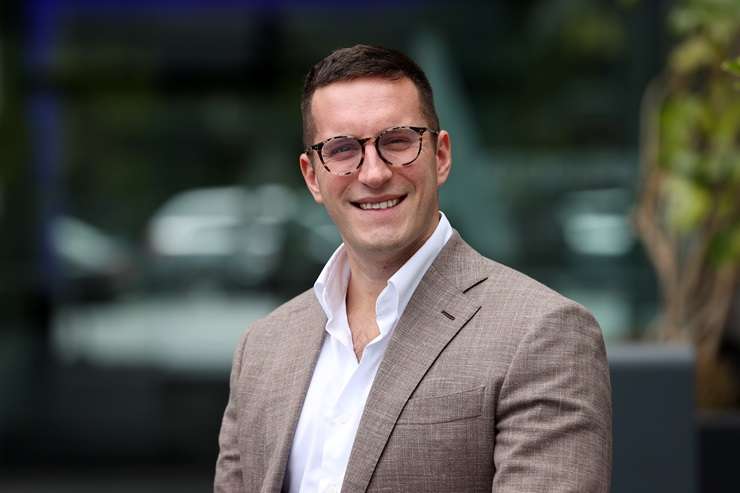ANALYSIS: The New Zealand Herald reported the death of Sir Bob Jones last week, and it’s hard not to think of his lasting impact on the real estate market. Sir Bob was a billionaire who loved stirring the pot. But before that, he was an investor who taught the nation about property.
In the 1980s, he toured the country giving seminars about investment. Kiwis packed townhalls to hear how the property game worked, and remember this was a time when investor seminars weren’t really a thing.
Sir Bob delivered his masterclasses with a punch. His books – especially Jones on Property – can still be found on Kiwi shelves today, and they will probably retain their bible-like status for generations of investors to come.
I never met him, but I learned a lot from his writings. Here are four Sir Bob principles I still use today when making property investment decisions.
Start your property search
1. I’m not a developer
Many in the media incorrectly called Sir Bob a property developer. But he wasn’t a developer, he was an investor. He argued that his primary goal was to own the property, not build it, rightfully pointing out that those involved in the latter took big risks.
Discover more:
- Ed McKnight: 3 ways unscrupulous landlords take advantage of tenants
- Asian family with NZ residency buys Ron Sang mansion for nearly $13m
- Builder's off-grid escape: 'Enough of the banks, enough of the insurance'
Developers buy land and take on huge amounts of debt. When their projects suffer delays, their profit margins disappear as interest costs mount.
Investors buy finished buildings with surer returns, and that’s what Sir Bob did and advocated. He bought high-quality office blocks with long leases and reliable tenants. He amassed a portfolio of 35 office buildings – 20 in Wellington, nine in Auckland, and six in Scotland.
I remember hearing this as a young investor and thinking, “Wait – I don’t need to be on-site in a hi-vis vest?”
2. The “property doomers” never go away
In his book Jones on Property, first published in the mid-1970s, Sir Bob talked about how people thought house prices were on the cusp of collapsing. Back then, a typical Kiwi house might have cost $7000, which possibly looked like a bubble.
Fast-forward 50 years, and the median sale price is $790,000 nationwide and just over $1 million in Auckland. And people are still predicting that the end is nigh and property prices will crash and stay in the doldrums for the long term.

Opes Partners economist Ed McKnight: "Sir Bob didn’t flip properties. He held onto them – often for decades." Photo / Fiona Goodall
When I first read about Sir Bob’s dealings with the “property doomers” it felt like he was writing in 2020, not in the mid-1970s. That was the first time I realised that the anti-property crowd is a permanent part of the landscape. It was around 50 years ago. It’s around today. It’ll still be around in 50 years.
3. Property should be boring – and that’s a good thing
Sir Bob was deeply unemotional about his investments. If the numbers didn’t work, he walked away. That kind of detachment is rare. Most of us get too excited. We fall in love with a property, get swept up in FOMO, and try to force through an unworkable or unprofitable deal.
But Sir Bob reminds us that discipline beats drama. You don’t have to do something clever – you just have to avoid doing something dumb.
4. Buy well and sit tight
Sir Bob didn’t flip properties. He held onto them – often for decades.
He understood something many investors forget: the real money isn’t made in the first five years; it’s made over 20, 30, even 40 years of ownership – when rents go up, debts are paid off, and values have doubled, and doubled again.
Sir Bob's wealth didn’t come from quick wins, it came from patience. Today, too many investors get itchy feet. They want to chase the next hot suburb or beat the market. But the truth is, most wealth is created by buying well and then sitting tight. Sir Bob did that better than anyone.
Yes, he was a big personality. He intentionally said controversial things. He didn’t always get it right. But when it came to property, he walked the walk. And the best investors still follow his playbook – even if they don’t realise it.
- Ed McKnight is the economist at property investment company Opes Partners














































































